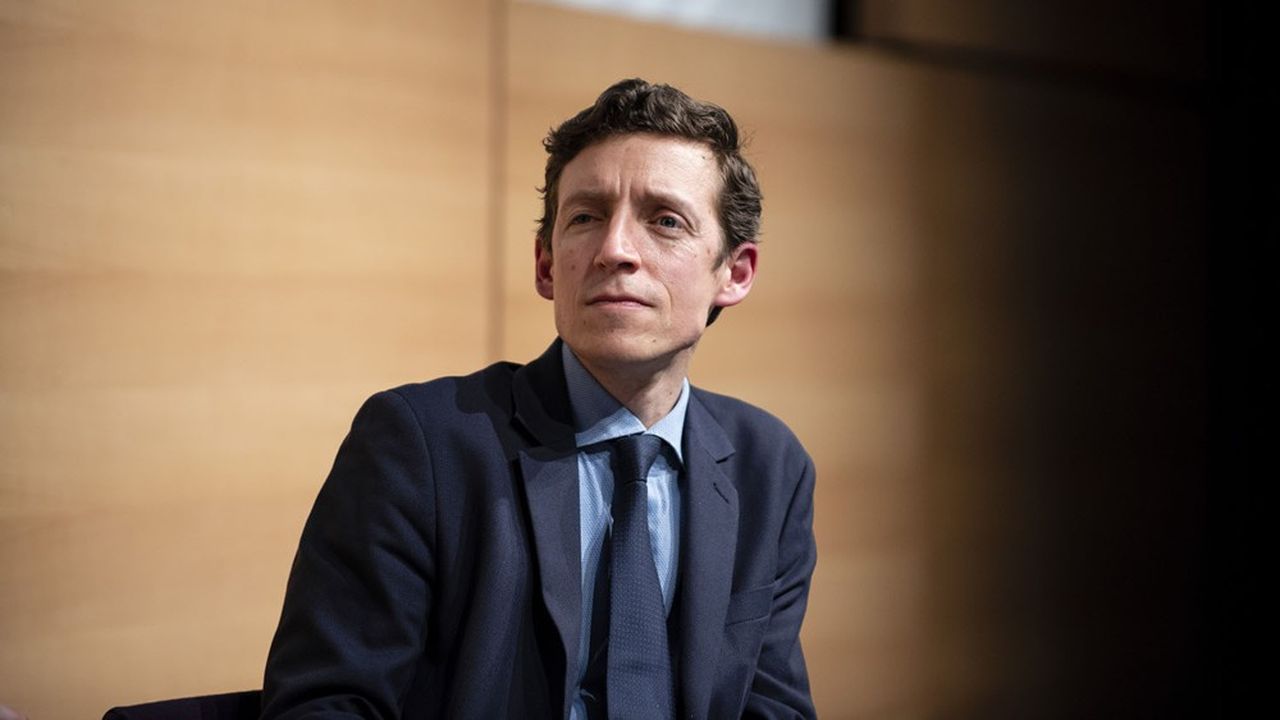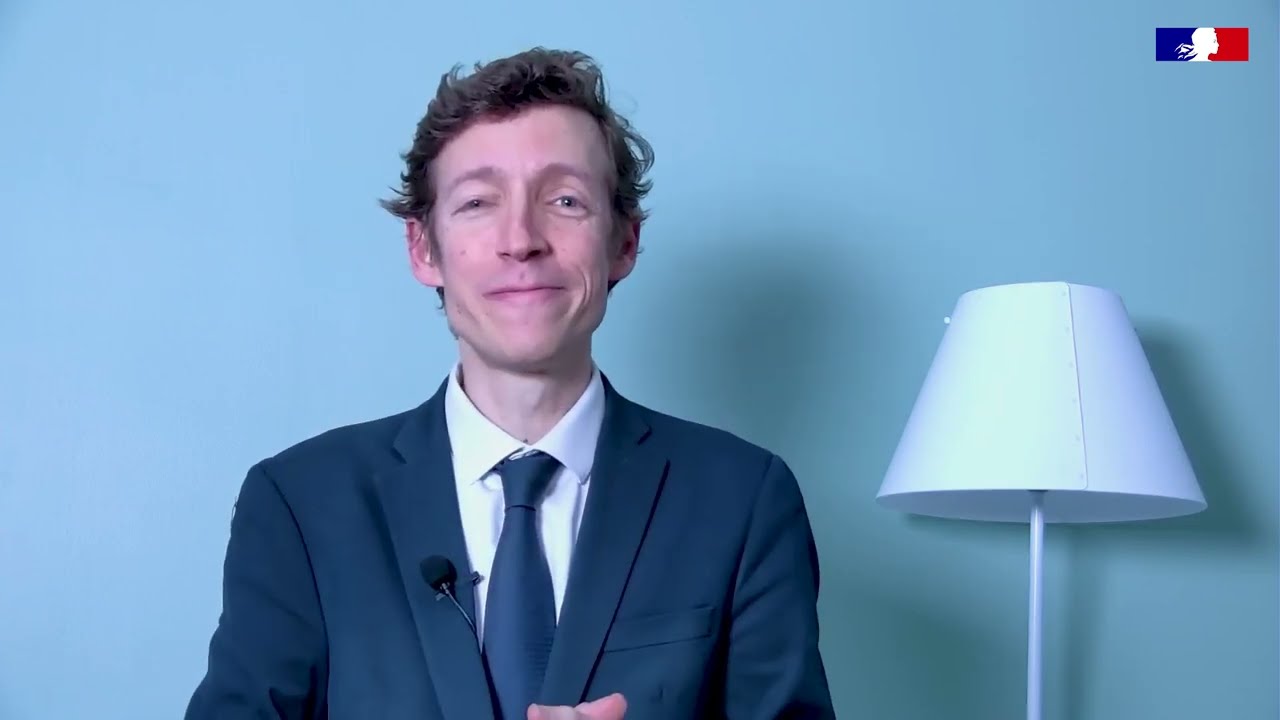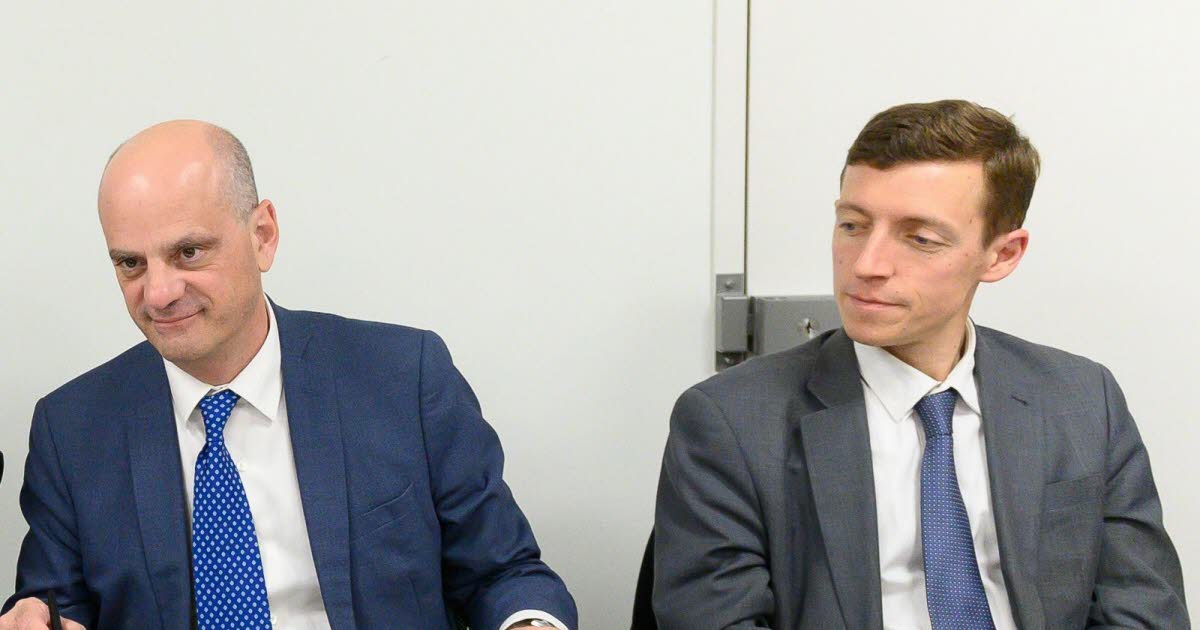
French Education Minister 2025
French Education Minister 2025
Who Is Édouard Geffray? A Rising Technocrat in French Education
In October 2025, Édouard Geffray surged into the limelight as he was appointed Minister of National Education in France’s newly formed cabinet under Prime Minister Sébastien Lecornu. (Ground News) His appointment stirred interest not only because he replaces a political heavyweight, Élisabeth Borne, but also because Geffray has long been a behind-the-scenes figure in French educational administration. (Le Monde.fr)
From Énarque to Education Chief, Geffray’s path is a model of technocratic ascent. This article explores his biography, career trajectory, priorities, challenges, and significance in the shifting politics of France

Early Life, Education, and Career Foundations
Birth and Origins
Édouard Jean Gabriel Geffray was born on October 2, 1978, in Épinay-sur-Seine, in the suburbs of Paris (Wikipedia) Not much is publicly known about his childhood and family, but public records and press reports reveal the outline of a classic path through France’s elite public service training
Academic Formation
- He studied history (economic history) at the University of Paris-Sorbonne (Wikipedia)
- He also attended the Institut d’Études Politiques de Paris (Sciences Po) for political studies (Wikipedia)
- He was admitted to the École nationale d’administration (ENA), in the Romain-Gary cohort (2003–2005)(Wikipedia)
- After ENA, he joined the Conseil d’État (Council of State), entering the high-level civil service (Wikipedia)
This track—Sorbonne, Sciences Po, ENA, Conseil d’État—is emblematic of French senior state officials (hauts fonctionnaires). It positioned him for roles in both regulation and administration

Career Milestones: From CNIL to Education Leadership
Tenure at CNIL (2012–2017)
Between 2012 and 2017, Geffray held senior roles at the Commission nationale de l’informatique et des libertés (CNIL), France’s data protection authority. He served as Secretary-General of CNIL(Wikipedia)
This experience gave him exposure to issues of privacy, regulation, data, and public law—fields increasingly relevant in education (especially with digital technologies, student records, data protection, etc)Although his later career focused on education, his CNIL background suggests an inclination toward institutional regulation and balancing rights
Chief of Staff to the Minister of Justice (2017)
In 2017, Geffray was appointed Director of Cabinet (chief of staff) to François Bayrou when Bayrou became Minister of Justice (Wikipedia) This role deepened his experience in governmental coordination, legal contexts, and institutional politics
Transition to Education: Human Resources and then Director General
After his stint in justice, Geffray shifted toward the Ministry of National Education. He served as Director General of Human Resources of the Education Ministry, before taking on the pivotal role of Director General of School Education (DGESCO, Direction générale de l’enseignement scolaire) from July 2019 to July 2024 (Wikipedia)
As DGESCO, he was the ministry’s number-two (behind the political minister) charged with operational oversight of school policies, curriculum, reforms, pedagogical programs, teacher staffing, and crisis management
During his DGESCO tenure, he dealt with several major issues:
- Reform of the Baccalauréat and lycée system: He participated in implementing the changes to the French high school final exam structure and streamlining the lycée pathways (Le Monde.fr)
- Crisis management during COVID-19: Overseeing school closures, remote instruction, adaptations for exams, safety protocols, and continuity of education (Le Monde.fr)
- Programs such as “My Class in Cinema”: In 2025 he was assigned a mission to modernize educational image and “My Class in Cinema,” an initiative linking education and cinematic culture (Ground News)
His departure from the DGESCO post in July 2024 marked a return to the Conseil d’État, where he was placed before being tapped for ministerial duties (Le Monde.fr)
Appointment as Education Minister: Context and Significance
Political Context
In October 2025, French President Emmanuel Macron reappointed Sébastien Lecornu as Prime Minister and formed a new cabinet, Lecornu II. (The Connexion) In that reshuffle, Geffray was appointed Minister of National Education, succeeding Élisabeth Borne (China Daily Asia)
This appointment is part of a broader strategy by Lecornu to inject more technocratic / civil service figures into key ministries (as opposed to purely political appointees). The new cabinet reflects a blend of party-affiliated and “non-political” experts (The Connexion)
Replacing a Political Figure
Élisabeth Borne, who previously held the education portfolio, is a prominent political figure and former prime minister. Replacing her with a career civil servant signals a shift in tone: perhaps more technical, less overtly political (Ground News)
Reactions and Challenges
Geffray’s nomination has been met with mixed reactions:
- From teachers’ unions and educational stakeholders: Some express skepticism, given that he is perceived as coming from the era of Jean-Michel Blanquer’s reforms, which were controversial (Le Monde.fr)
- From political observers: His technocratic background is viewed as an asset in a volatile political landscape(Morocco World News)
- Instability of the new government: The newly formed Lecornu II cabinet faces immediate threats of votes of no confidence and strong parliamentary contention over pension reforms and budget matters (The Connexion)
Thus, Geffray steps into a role with both high expectations and severe political constraints
Key Priorities and Potential Policy Areas
Given Geffray’s background, several priorities may shape his agenda as Education Minister:
- Continuity and Stability
After years of ministerial turnover, many teachers and administrators seek stability in leadership. A technocrat familiar with the system may help ensure continuity - Implementation of Reforms
He may continue or revise reforms in high school curricula, exam structures, and tracking systems introduced under previous ministers (notably during his time as DGESCO)
His knowledge of internal mechanics could ease implementation - Digital Education & Privacy
With his CNIL experience, Geffray is well placed to bridge digital education tools and data protection. He may focus on safer platforms, better privacy governance, and bridging the digital divide - Equity and Pedagogical Innovation
Initiatives like “My Class in Cinema” suggest an interest in cultural, extracurricular, and pedagogical methods extending beyond core subjects - Teacher Support and Morale
Addressing teacher workloads, training, compensation, and institutional support—especially in underprivileged or rural areas—should be a central visible priority - Crisis Preparedness
Given his role during COVID, he may strengthen readiness for possible disruptions (public health, climate events, social unrest)

Risks, Constraints, and Strategic Challenges
- Political Fragility: The Lecornu II government faces immediate votes of no confidence; thus, Geffray’s room for maneuver may be narrow (The Connexion)
- Expectations vs. Reality: Stakeholders may expect bold reform, but real change in education is slow and subject to negotiation, budgeting, and institutional resistance
- Continuity vs. Innovation: As someone associated with past reforms, he must balance continuity with needed innovation to appeal broadly
- Public and Union Pushback: Any attempts to revise or rollback reforms may generate conflict with unions and teachers
- Fiscal Constraints: Budgetary limits in a politically contentious environment may restrict new programs
Why Édouard Geffray Is Trending Now
- Cabinet Appointment
His rise from behind-the-scenes administrator to cabinet minister is newsworthy and dramatic (Ground News) - Replacement of a High-Profile Minister
Taking over from Élisabeth Borne, and doing so in a contentious government reshuffle, magnifies attention(Le Monde.fr) - Technocratic Profile in Political Climate
In a time of polarization, an expert civil servant leading a critical ministry is of broader interest (The Connexion) - Trending in Social Media
On platforms such as X (formerly Twitter), “Edouard Geffray” is trending in French social media(trends24) - Impact on Education Policy
Education is always central to public debate. His decisions will influence millions of students, teachers, and families
Projected Impact & Future Outlook
If Geffray succeeds, he may represent a new model of technocratic leadership in education—one less reliant on political identity and more on institutional knowledge. His tenure could mark:
- Smarter integration of digital tools with privacy safeguards
- More stable policy implementation
- Incremental but sustainable reforms
- Enhanced credibility with both bureaucratic insiders and public stakeholders
However, much depends on his ability to negotiate politics, manage expectations, and deliver tangible results under constrained time and budget
In this article from How2, we introduced one of the trending topics of the day. Edouard Geoffrey Wieser is the French educationist. In this article, we tried to comprehensively introduce this person and his background and talk about his ideas. We hope you enjoyed this article. For more articles, visit our newsletter section
To support us, just introduce us to your friends by sharing this article on social networks



